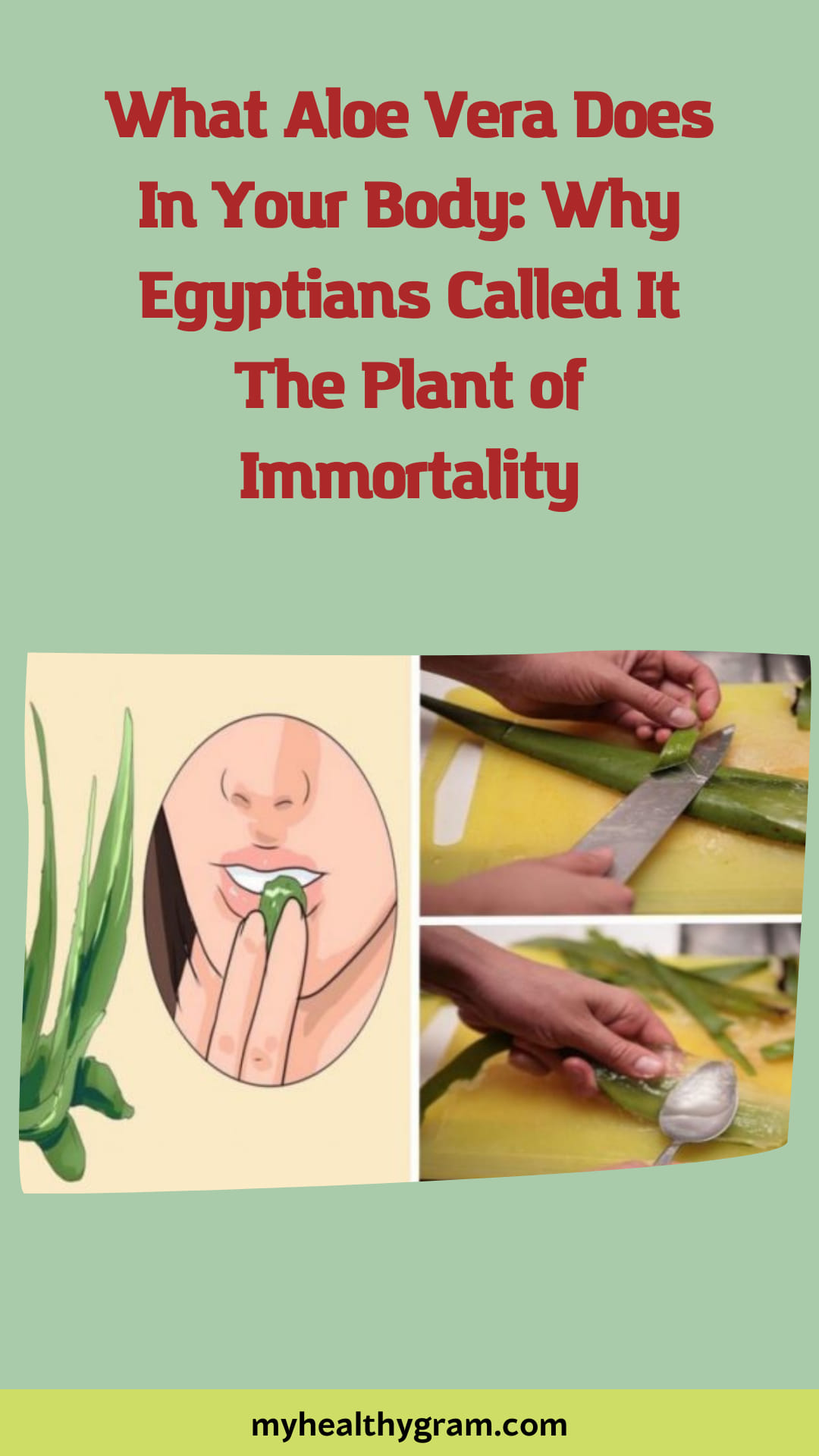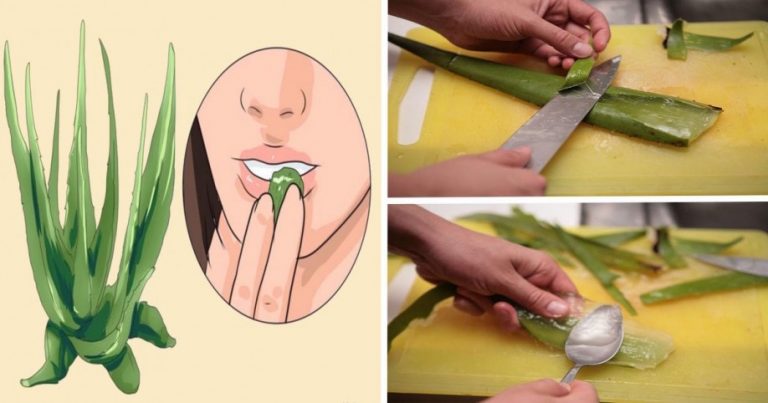Aloe Vera is a popular houseplant since it requires little care and adds a natural touch to any space. However, despite its appearance, it can actually improve your wellbeing and health, something many people are unaware of.
Aloe Vera, also known as Aloe Barbadensis, has long been a popular plant, owing to its powerful medical benefits.
It was highly esteemed in Ancient Egypt, Greece, and Rome. Furthermore, it is widely utilised throughout Latin America, the Caribbean, and South Africa.
According to the University of Maryland Medical Center, it has also been a commonly prescribed medicine in the United States throughout the 18th and 19th centuries.
It is still one of the most widely utilised medicinal plants today. This is because it has a wide range of applications, including the treatment of fever, osteoarthritis, oral difficulties, ulcerative colitis, and asthma.
It is also regarded as one of the best natural beauty products. Because of its analgesic characteristics, the gel of this plant efficiently cures cuts, infections, sunburns, wounds, and burns, as well as fighting inflammation and itching.
Several studies have shown that it is even more effective than traditional treatments in treating burns, as it relieves pain and speeds up the healing process.
Glycoproteins and polysaccharides are two immune-boosting components found in Aloe Vera. Glycoproteins reduce pain and inflammation, whereas polysaccharides moisturise the skin and aid in skin restoration.
Aloe Vera also treats and aids in the treatment of a variety of other health problems, including dental diseases, constipation, psoriasis, high cholesterol, inflammatory bowel disease, genital herpes, canker sores, upper respiratory tract infection, seborrheic dermatitis, and cancer. It also decreases blood sugar levels in those with type 2 diabetes.
Follow the steps below to produce the aloe Vera gel and use it to treat some of these issues:
You will need:
- An aloe plant
- Fresh lemon juice
- A clean cotton towel
- A sharp filleting knife
- A sterile glass jar
- A clean cutting board
- A clean plate
- A food processor (optional)
Procedure:
- Wash your hands well in order to prevent contamination of the sterile gel.
- Choose a thick and juicy leaf of the plant, at least 4-6 inches long, preferably from its bottom. Make sure you cut it off properly in order not to harm the other leaves.
- Wipe the knife you will use.
- Wash the leaf well, dry it, and leave it on a plate at a 45° angle for 15 minutes in order to allow it to drain the yellow juice. In some cases, this juice may lead to digestive distress as it acts as a laxative.
- Put the leaf on a cutting board and cut the edges from the sides.
- You should fillet it in order to eliminate the green outer shell. Try not to lose too much gel in this process.
- Then, cut the get in cubes and put it in a jar.
- In order to get all the gel you can, run the knife along the green scraps once more. Run your knife along the green scraps to harvest any remaining gel
- In order to make it last longer, squeeze some lemon juice over the gel, and shake it a bit to coat evenly.
- In the end, you can pour the gel into a food processor and make a smoother gel.
- Keep the aloe Vera gel in a sealed jar in the fridge, where it can stay up to a week.
Clean and cut the leaves lengthwise for topical usage. Then, several times a day, apply the gel on the wound until it is totally healed.
Take 30 cc of the gel three times a day for therapeutic purposes. However, before using aloe Vera internally, visit your naturopath.

